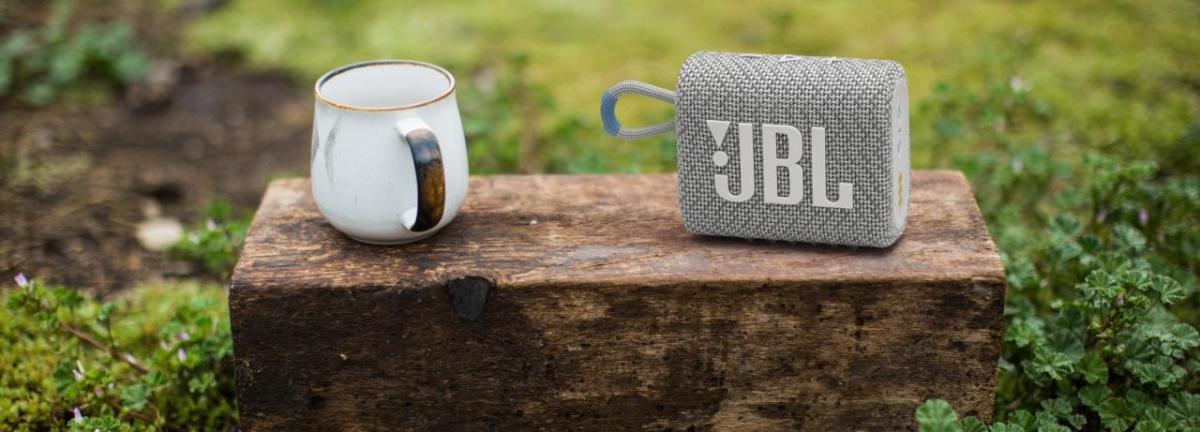How HARMAN’s Packaging Design Innovation Creates a More Sustainable Future
Published 05-18-23
Submitted by HARMAN

Originally published on HARMAN News Center
HARMAN’s legacy as a global technology leader was established through our thoughtful design and purpose-driven values. At HARMAN, sustainability is one of our strategic pillars that guides everything we do, and this includes our packaging design strategy and product development process. HARMAN understands that different stages of the product life cycle can have different environmental impact. Reducing product-level emissions, including emissions related to packaging, is helps HARMAN reach its goal of carbon neutrality by 2040. With May 7 being US National Packaging Design Day, we wanted to share our efforts on sustainable packaging.
In 2021, HARMAN launched its sustainable packaging initiative, starting with the Lifestyle Consumer Audio SBU. This introduced guidelines such as FSC certified paper and soy ink printing, the avoidance of virgin plastic, whenever possible, with a preference for post-consumer recycled plastic and recyclable paper packaging.
We have already made significant steps – in 2022, HARMAN introduced new packaging for 34 products based on sustainable criteria. The ways we integrate sustainability in to our packaging include reducing packaging size and using post-consumer recycled paper packaging printed with biodegradable soy ink. In 2021 HARMAN launched InfinityLab, a category of power accessories such as wall chargers, powerbanks, wireless stands, and a speakerphone, all packaged right-sized to the products in plastic-free materials printed on Forest Stewardship Council (FSC) certified paper with soy-based ink.
Another example is the JBL WAVE TWS headphones which have a 56% smaller box than their predecessors, which helps optimize shipping and leads to a lower carbon footprint.
Redesigning our most popular Lifestyle Consumer Audio SBU products to reduce environmental impact shows HARMAN’s commitment to growth through sustainable and responsible actions. For example, HARMAN expanded its Eco-Edition portfolio with the addition of two of its most popular portable Bluetooth speakers, the JBL Go 3 Eco and JBL Clip 4 Eco, come in packaging made from FSC-certified paper with biodegradable soy ink and free of plastic.
HARMAN is making meaningful progress toward reducing our environmental footprint, and our packaging design has played a major role. To learn more, explore our Sound Purpose ESG platform, which anchors our sustainability strategic pillars around infusing purpose into all areas of our business: https://www.harman.com/sustainability.

HARMAN
HARMAN
ABOUT HARMAN
HARMAN International (harman.com), a wholly-owned subsidiary of Samsung Electronics Co, LTD., designs and engineers connected products and solutions for automakers, consumers, and enterprises worldwide, including connected car systems, audio and visual products, enterprise automation solutions; and services supporting the Internet of Things. With leading brands including AKG®, Harman Kardon®, Infinity®, JBL®, Lexicon®, Mark Levinson® and Revel®, HARMAN is admired by audiophiles, musicians and the entertainment venues where they perform around the world. More than 25 million automobiles on the road today are equipped with HARMAN audio and connected car systems. Our software services power billions of mobile devices and systems that are connected, integrated and secure across all platforms, from work and home to car and mobile. HARMAN has a workforce of approximately 30,000 people across the Americas, Europe, and Asia. In 2017, HARMAN became a wholly-owned subsidiary of Samsung Electronics.
More from HARMAN

